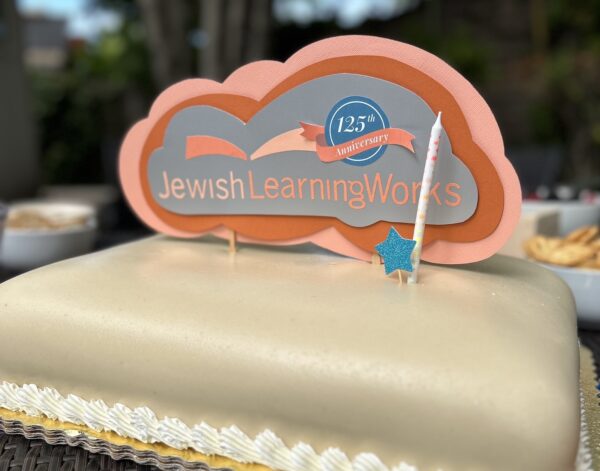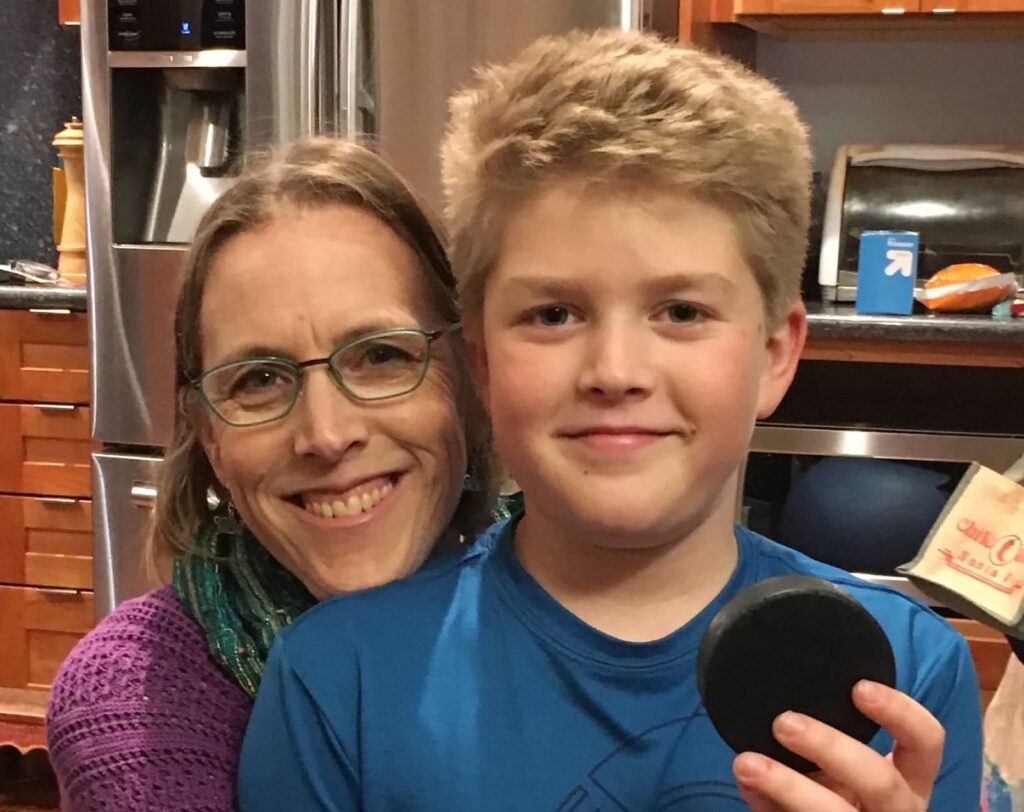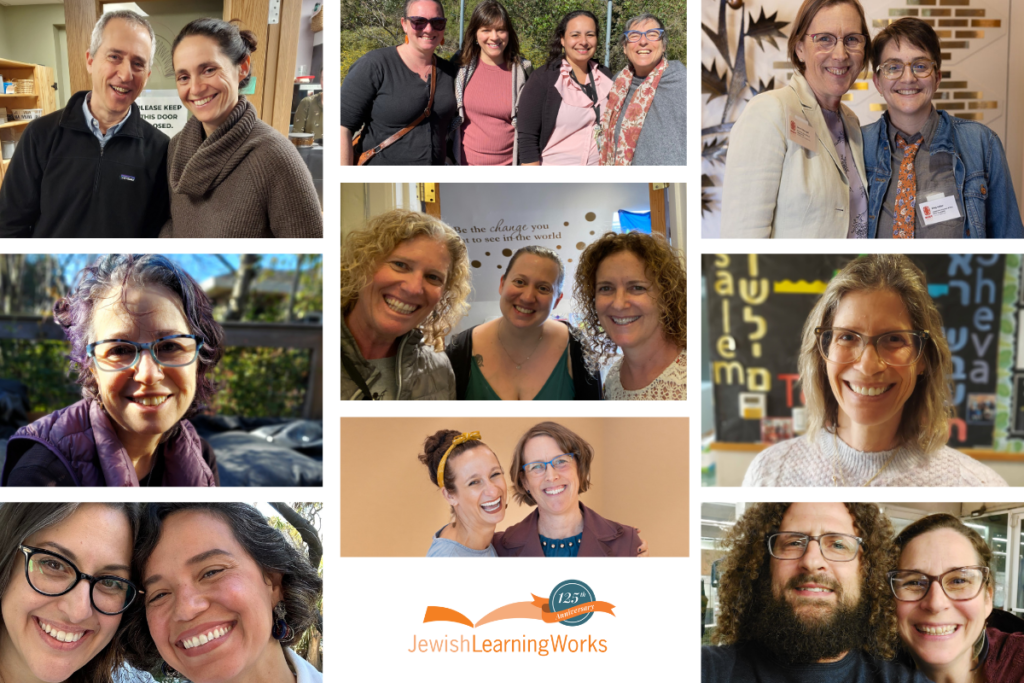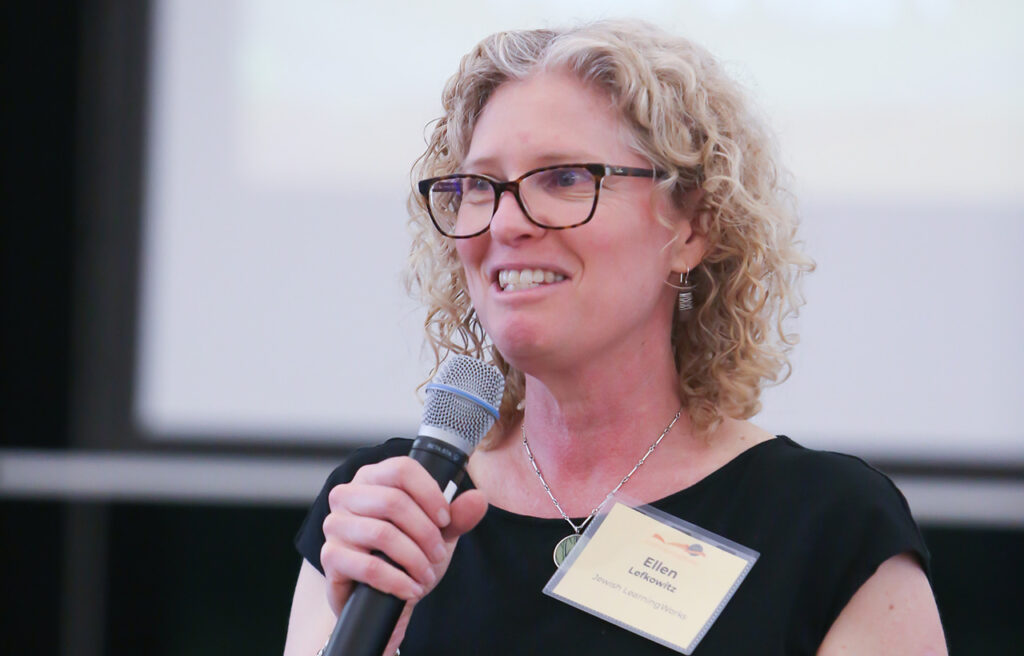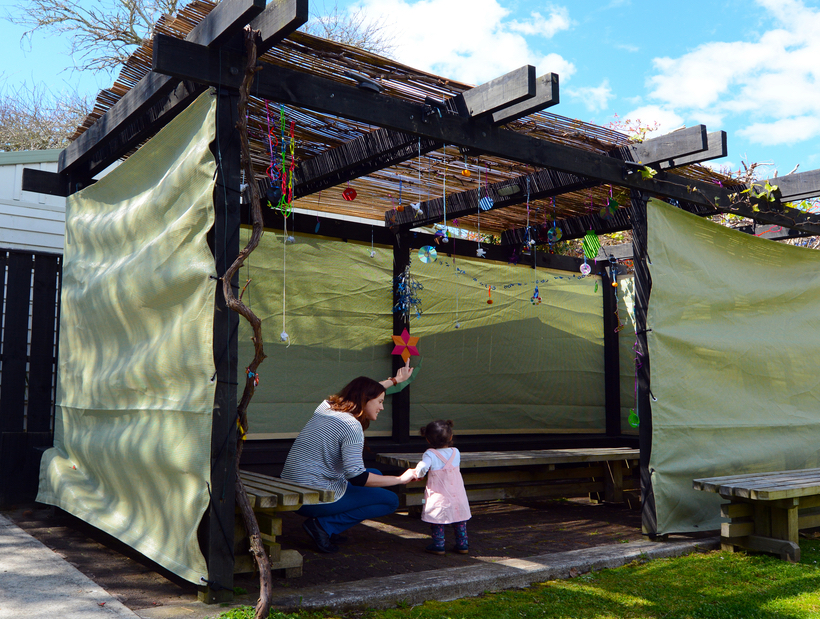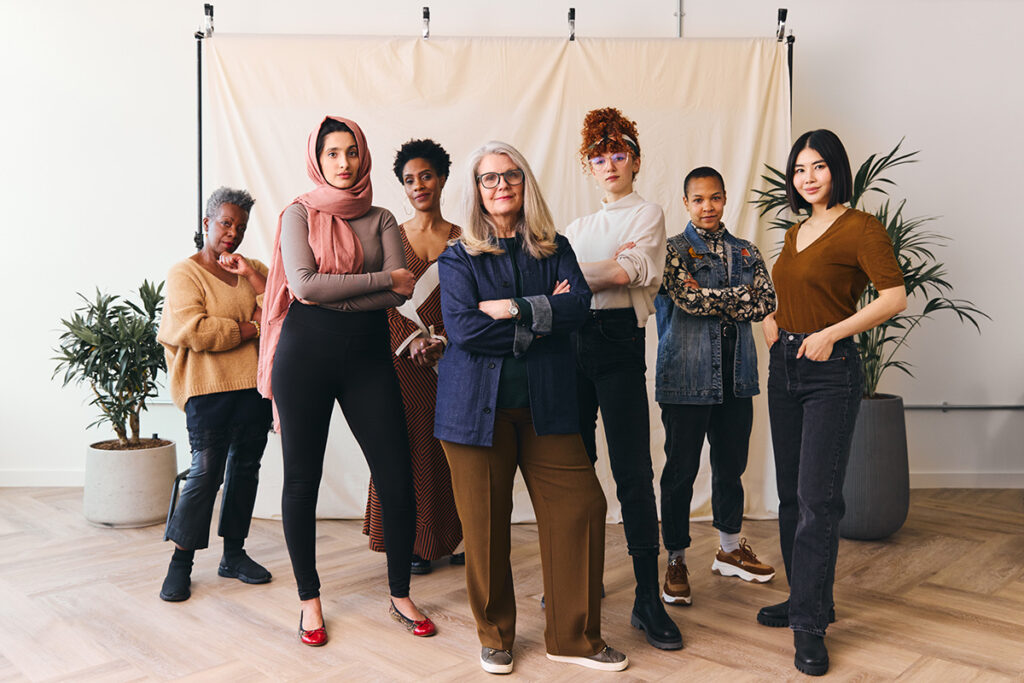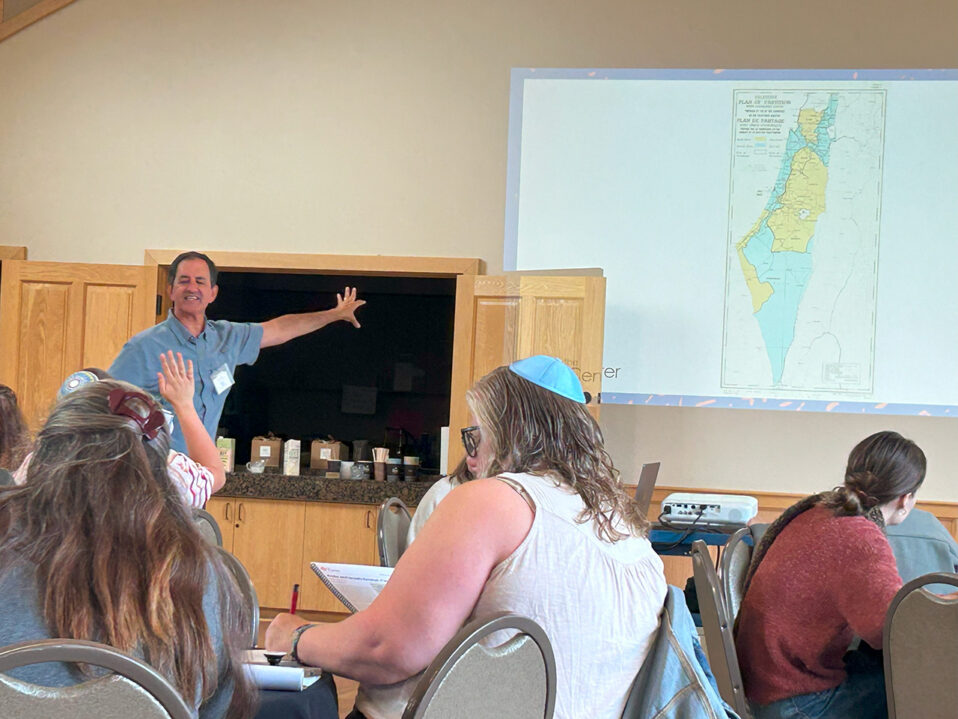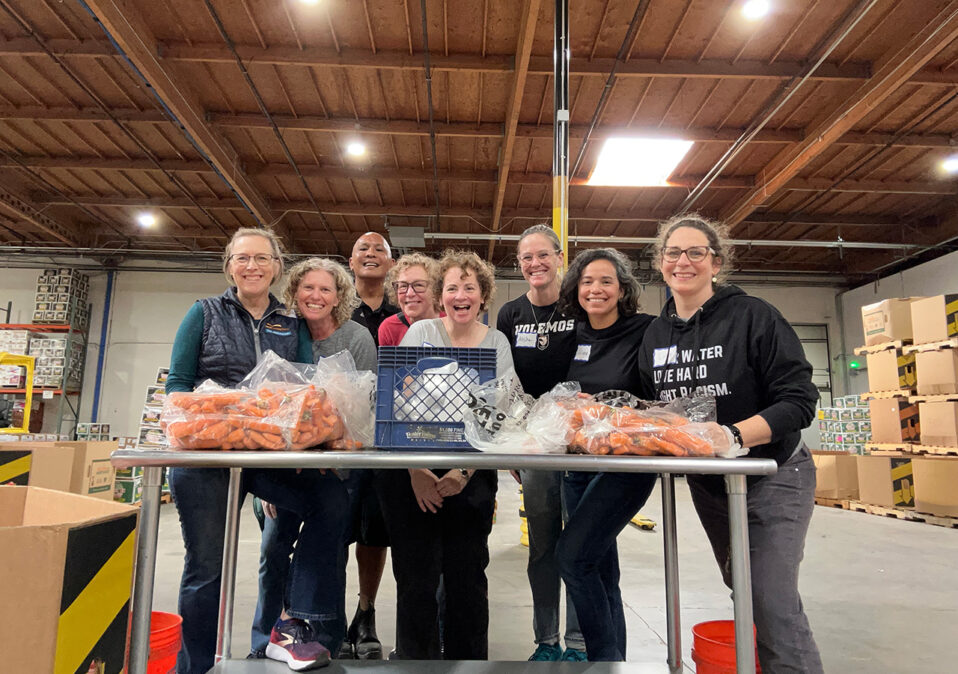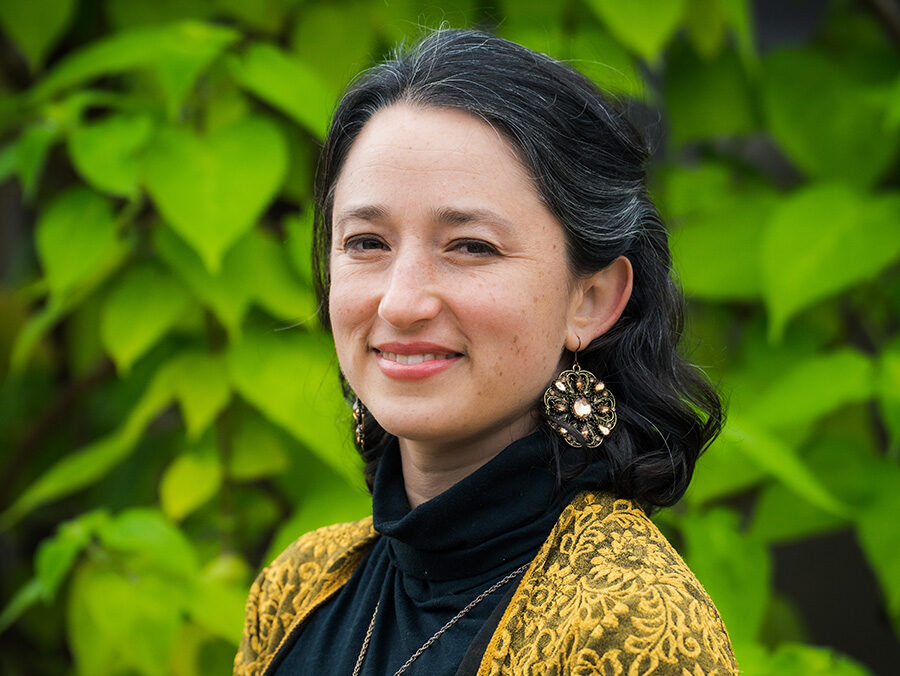
Baruch HaBa – Welcome!
We are so glad you are exploring a career at Jewish LearningWorks, the only organization in Northern California exclusively devoted to elevating the field of Jewish education by serving educators and teachers in a multitude of settings.
We are a hub of professional learning and community, composed of a dynamic team of senior educators who design professional learning programs, and strengthen our collegial community. Together, we empower teachers and educational leaders to engage timeless Jewish wisdom that helps children and teens become critical thinkers, develop a growth mindset, and find purpose in their lives.
As you consider working with us, take a few minutes to meet the team!
We look forward to getting to know you!
Our Culture
As an organization with deep roots in the community, we are committed to building and maintaining thoughtful relationships with our organizational partners and with each other. Our culture values excellence, quality over quantity, collaboration, transparency and communal accountability. We always aim high, but we go slow to go far. At the same time we are a small team, which means we join forces to accomplish our goals, and often work in a fast-paced environment.
As a learning organization we celebrate every win, big and small, and we are committed to investing in the career development of our own professionals. As part of our team, you will gain great colleagues, a chance to continue your own learning and growth, and an opportunity to make a difference in the field of Jewish education.
You can learn more about our values, and view our anti racism commitment here.

Job Postings
No job postings at this time? Subscribe to our email list to be notified about future positions, and to stay connected to our work.
Passion for Our Work
Jewish LearningWorks is perhaps best known for its people. Their best thinking, creativity, and hearts are stitched into our shared mission. You can get to know us better by reading some of the latest blog posts written by our staff.
125 Years Supporting Jewish Education
Since it was established in 1898, Jewish LearningWorks has invested in teachers with the goal of advancing the kind of Jewish learning that changes lives. Today, our commitment remains to inspire the best of what the field of Jewish education has to offer, while making space for educators to develop their own creative insights and practice.
Programs such as the tikea, Shofar, and Family Education fellows, the BASIS day school Israel initiative, the Include initiative for children with special needs, and Voices for Good, are flagship leadership initiatives for which Jewish LearningWorks (known as the the Bureau of Jewish Education before 2012) has been celebrated.
As we imagine our next 125 years, we continue to invest deeply in coaching and mentoring relationships, fellowships and training. By doing so, Jewish LearningWorks is ensuring that lifelong Jewish learning is accessible to teachers in all settings, and relevant to learners of all ages.
